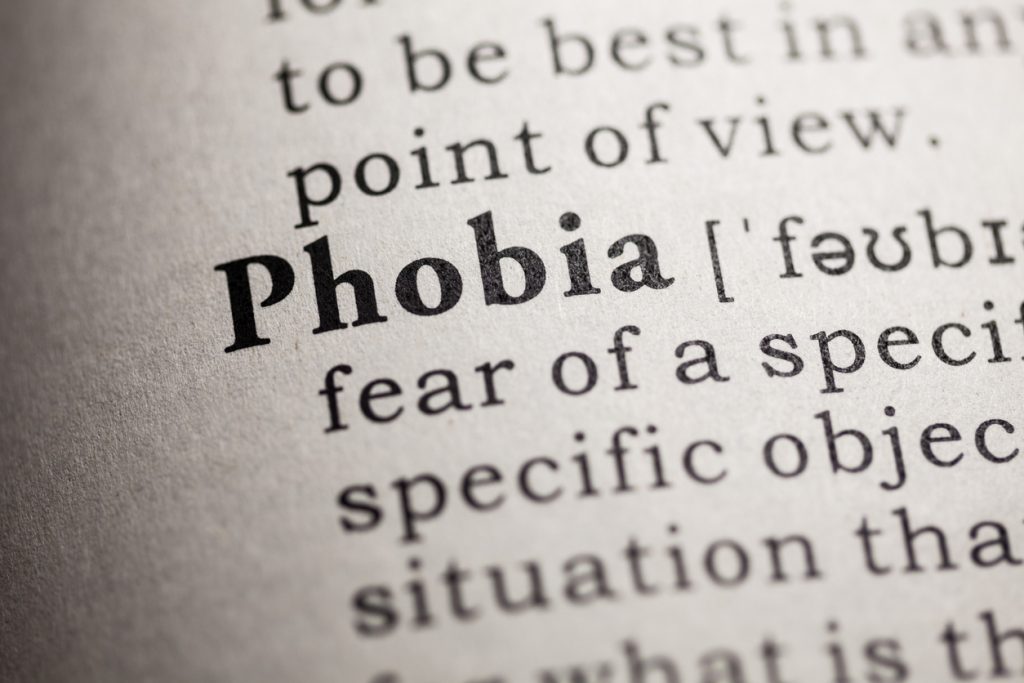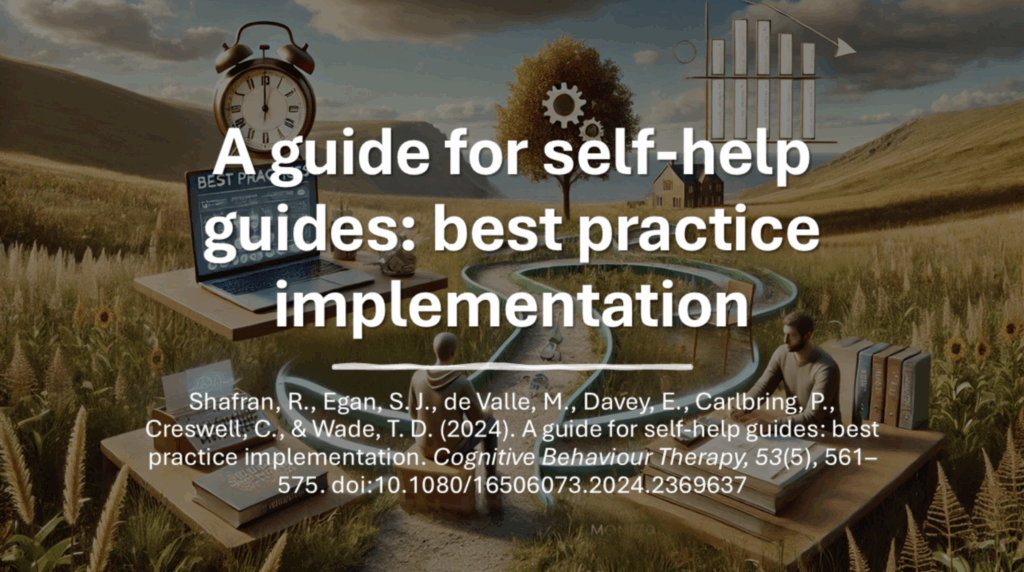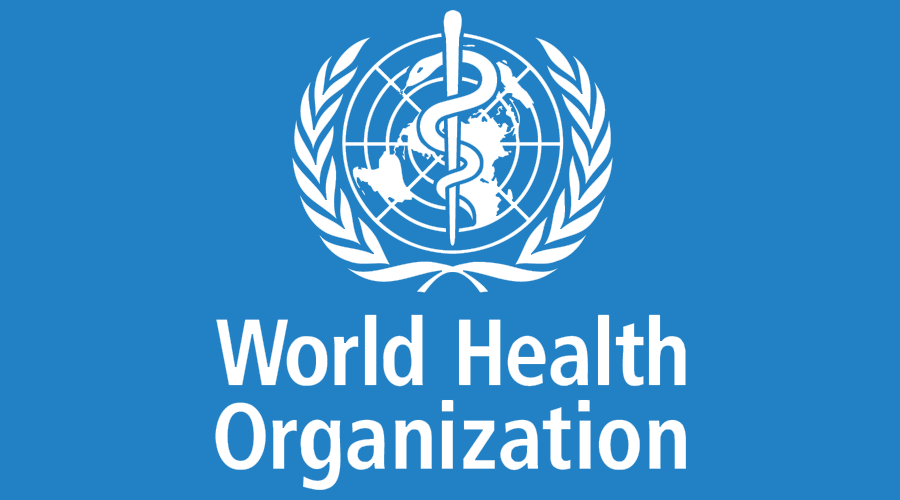Resources for CBT Professionals
Latest Posts in Resources for Professionals
WCCBT Global Ambassadors 2025
CBT Events | November 5, 2025Heather Hadjistavropoulos is the Canadian Association of Cognitive Behaviour Therapies Global Ambassador in 2025. She is a former President of the…
Read ArticleHeather Hadjistavropoulos is the Canadian Association of Cognitive Behaviour Therapies Global Ambassador in 2025. She is a former President of the…
Read ArticleTraining & Accreditation Committee
CBT Resources for Professionals | November 5, 2025An Update from Dr. Mehmet Süngur, Chair As we all know, training is a vital part of the development of…
Read ArticleAn Update from Dr. Mehmet Süngur, Chair As we all know, training is a vital part of the development of…
Read ArticleFree eBooks for Phobias & Anxieties
CBT Resources for Professionals | November 10, 2024Overcoming Medical Phobias: How to Conquer Fear of Blood, Needles, Doctors, and Dentists by Martin M. Antony & Mark A….
Read ArticleOvercoming Medical Phobias: How to Conquer Fear of Blood, Needles, Doctors, and Dentists by Martin M. Antony & Mark A….
Read ArticleAn AI Podcast about: A Guide for Self-Help Guides
CBT Resources for Professionals | October 4, 2024Watch the recent podcast aimed at the general public based on a recent paper on guidelines for therapists delivering guided…
Read ArticleWatch the recent podcast aimed at the general public based on a recent paper on guidelines for therapists delivering guided…
Read ArticleW.H.O. publishes the 11th edition of the International Classification of Diseases Manual (ICD-11)
CBT Resources for Professionals | March 8, 2024On March 8th, 2024, the World Health Organization (WHO) released the new manual providing clinical descriptions and diagnostic requirements for ICD-11…
Read ArticleOn March 8th, 2024, the World Health Organization (WHO) released the new manual providing clinical descriptions and diagnostic requirements for ICD-11…
Read ArticleCBT & Dealing with Trauma
CBT Resources for Professionals | November 27, 2023PSYCHOLOGICAL FIRST AID PRESENTATION BY LATA MCGINN, PHD. This presentation was created to train Polish Mental Health Workers to conduct…
Read ArticlePSYCHOLOGICAL FIRST AID PRESENTATION BY LATA MCGINN, PHD. This presentation was created to train Polish Mental Health Workers to conduct…
Read ArticleNew CCI Consumer Modules for Social Anxiety Now Online!
CBT Resources for Professionals | March 2, 2021The Centre for Clinical Interventions (CCI) is pleased to announce the release of our latest set of consumer modules ‘Stepping Out…
Read ArticleThe Centre for Clinical Interventions (CCI) is pleased to announce the release of our latest set of consumer modules ‘Stepping Out…
Read ArticleThe WCCBT Response to Covid-19
CBT Resources for Professionals | April 27, 2020Cognitive Behaviour Therapy (CBT) Strategies to Improve Mental Health during the COVID-19 Pandemic While a number of countries across the…
Read ArticleCognitive Behaviour Therapy (CBT) Strategies to Improve Mental Health during the COVID-19 Pandemic While a number of countries across the…
Read Article







